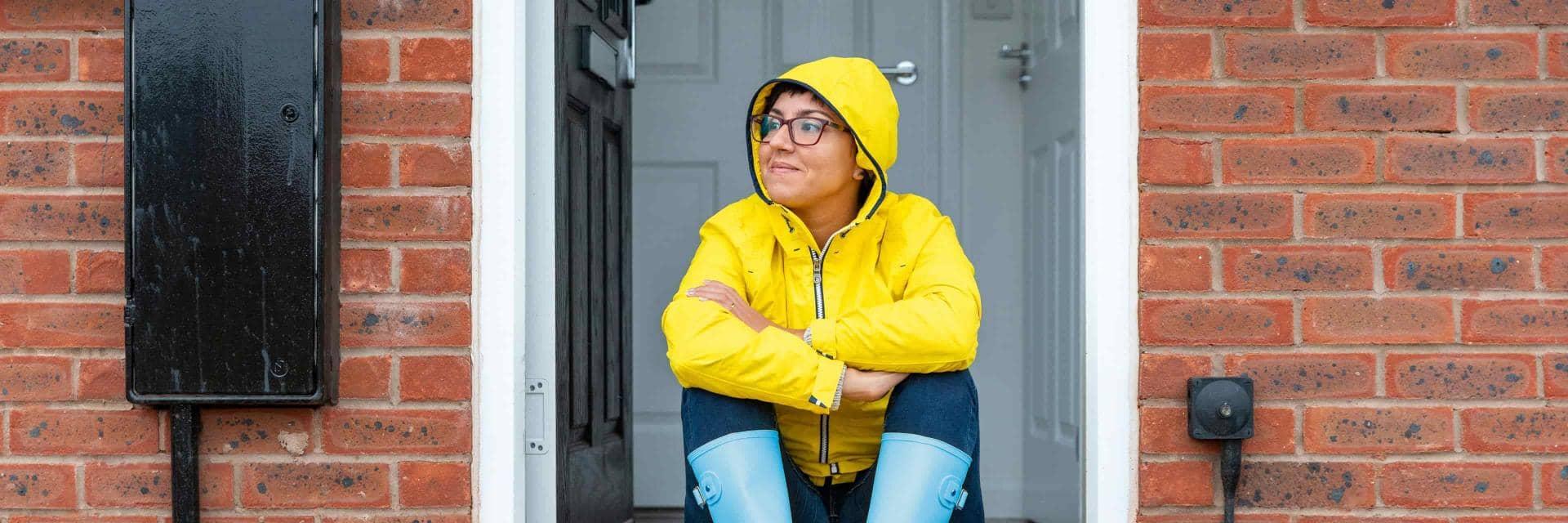
Climate change
Explore ways to protect your home against climate change
As climate change continues to affect our lives more and more, we’ve put together some resources to help you understand how to protect your home against its impact. For any homeowner, it’s important to understand how extreme weather and climate events can impact your home.
What are the potential climate change risks for my home?
There are different types of climate change-related risks that could impact your home, such as flooding, storms, coastal erosion, subsidence, and ground heave . Your home’s location will influence the type of risks you might face.
Flooding
In the UK, flooding is one of the biggest physical risks that homeowners face. With 5.2 million properties at risk of flooding in England, this is something you might need to prepare your home for. When you’re buying a property, your conveyancer should complete an environmental search to check for potential flooding issues that could affect the property’s value.
How to check if your home is at risk of flooding?
Choose your location to check flooding alerts and sign up for 24-hour flood warnings:
Coastal erosion
Properties on the coast might be at risk of coastal erosion – the loss or movement of land. Extreme weather and rising sea levels can affect how quickly the wind, waves and tides might erode the land. See Gov.uk for more information.
Subsidence
Climate change is causing wetter winters and drier summers, which can make the ground underneath our homes unstable. Subsidence happens when the ground underneath a property collapses or sinks. This can result in unexpected repair costs and reduce the value of your property. It’s important to get specialist advice before making changes to existing buildings like adding an extension or planting new trees nearby.
How to protect and plan for an extreme weather emergency
- Make sure you have the right type of insurance cover for your home
- Find out how to turn off your home’s water, gas, and electricity
- Create a flood plan
- Pack an emergency flood kit
Tips for buying a property:
- Check if the property could be at risk of extreme weather events
- If you think that the property might be at risk, get a surveyor to do an in-depth assessment of the property
- Make sure that your home insurance covers your property in the event of an extreme weather event or other effects of climate change
Other useful resources*:
- Explore Gov.uk for information on preparing for an extreme weather emergency and signing up for alerts in your area
- Visit the National Flood Forum for guidance on protecting your home in the event of flooding
Important Information
*This is a general guide rather than advice, and it’s important to do your own research before taking any action. We’re not responsible for the contents of any websites we mention.